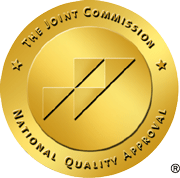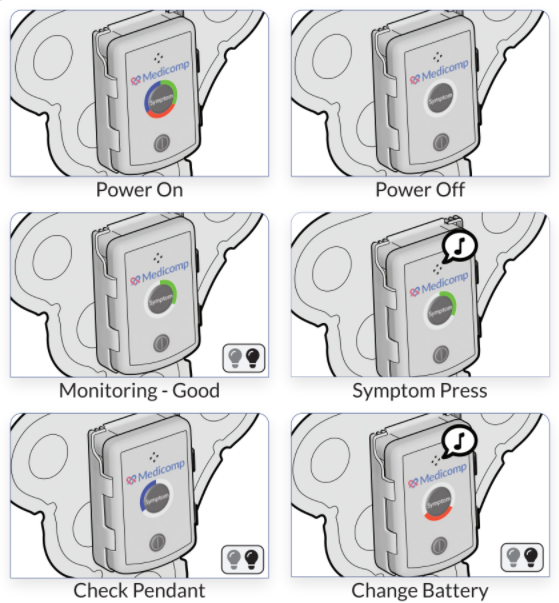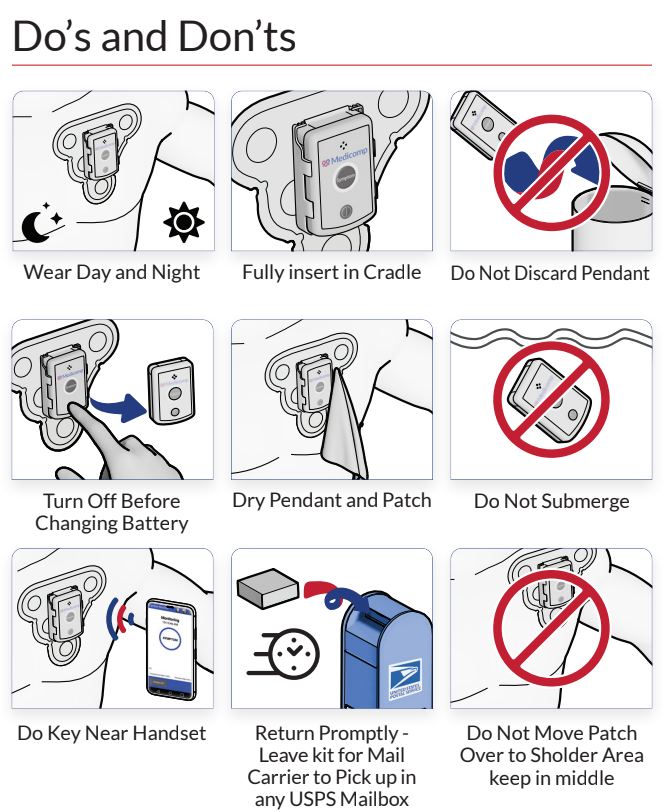ReactDx, mobile heart monitor experts, is sharing findings from a recent presentation that was given at Heart Failure 2017 and the 4th World Congress on Acute Heart Failure. Tessa Kole, the lead author of the study, stated that individuals who are not in the O blood group were nine percent more likely to have a coronary event. She also went on to reveal that the study showed this same group of people has a nine percent higher risk of suffering a cardiovascular event.
A total of 1,362,569 members took part in the aforementioned study. When it comes to the coronary events, there were 771,113 participants within the non-O blood group and 519,743 subjects within the O blood group. The author listed 18,675 overall coronary events among those involved in the study with 11,437, or 1.5%, of those belonging to the non-O blood group and 7,220, or 1.4%, of those belonging to the O blood group.
Next, the study took a look at cardiovascular events. 708,276 participants represented the non-O blood group, while 476,868 subjects rounded out the O blood group. The non-O blood group reported 17,449, or 2.5%, suffered cardiovascular events and the O blood group had 10,916, or 2.3%. When comparing the ratio of participants to the number of recorded events, it is clear that the non-O blood group is more susceptible to heart problems.
While the results of the study concluded that individuals who are of the non-O blood group are at a higher risk of both coronary and cardiovascular events, the reasons behind these findings require further investigation. In the presentation, Kole points out that “More research is needed to identify the cause of the apparent increased cardiovascular risk in people with a non-O blood group. Obtaining more information about risk in each non-O blood group (A, B, and AB) might provide further explanations of the causes.
Since The American Heart Association reports that 92.1 million adults within the United States are currently living with some type of cardiovascular disease, it is important to proactive when it comes to heart health. For more information on how mobile cardiac monitors can be used to detect potential cardiovascular issues, call ReactDx at 800-234-3278, or read our News & Updates page.



